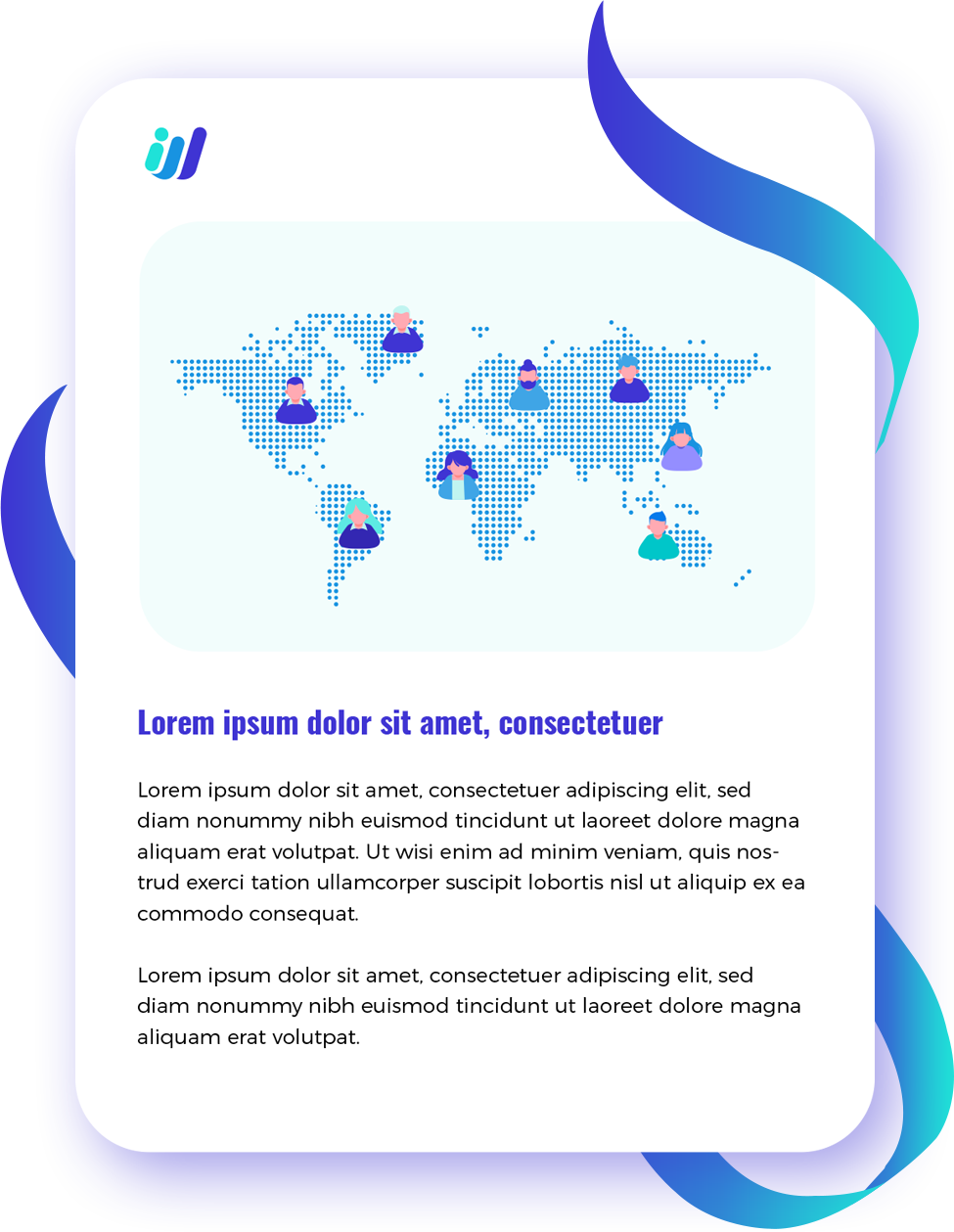Outsourcing: Know when it’s not a scam (Anything that is different should not always be perceived as a con)
If you’ve ever had to outsource, then you know that it’s a lot easier said than done. There are so many things to consider, and not all outsourced services are created equal. In this article, we’ll take a look at some of the things you should consider before hiring an outsourcing company so that you can be sure that they’re giving you the best deal possible on their services.
Cheap is not the best option
You should be willing to pay a little more for quality.
You don’t have to spend a lot of money on your products and services, but you do need to make sure that what you buy is going to be better than what someone else could provide. If one company offers something cheaper than another but doesn’t deliver an equal product or service experience, they’re not worth it!
Before outsourcing, you should know your business cycle. What do you do well? What don’t you do well? Do those things require a lot of time or money? Is there another way to get these things done that doesn’t require an outsourced team member to be on call 24/7 or work with them remotely (or even in person)?
If the answer is no, then it might be worth considering hiring someone who can help out with certain tasks while others are handled by others within the company. But if yes, then it may make sense for companies like yours to hire someone else who specializes in this area so there won’t be overlap between departments and responsibilities will remain clear among team members at all levels throughout their career paths at different companies over time.
When you hear the word “outsourcing”, what is your first reaction? Outsourcing is a common term used to describe when an organization contracts another company to perform various services.
However, there are many different types of outsourcing and offshoring that can be used by companies when they need help with their business. The biggest difference between these methods is how much control/innovation each party gives up during the process.
Outsource what you should outsource and keep what you need to do in-house.
- Define what you need to do and what you want to do.
- Define your core competency and differentiate yourself from competitors.
- Decide whether outsourcing is right for you or not, based on the following criteria:
- What are the specific tasks that are within your control?
- How much time will it take for me to learn how to perform these tasks myself (or with a small team)?
- How much money will this cost me in salary increases/training fees, etc.?
In other words: Do I have enough time/resources available at this point in my company’s growth trajectory so that we can afford another full-time employee just for outsourcing purposes?
As you start your search for an outsourcing partner, it’s important to find someone who has the right skills and experience.
- Find a partner that is a good cultural fit with your business. This can be as simple as going through their website or finding reviews online about their services. If you don’t know where to start or what questions to ask, here are some tips:
- Ask yourself why you want them on board in the first place? Do they have any experience working with similar types of businesses like yours? What kind of reputation do they have within their industry? How did they get started doing this work (if applicable)? These questions can help identify whether this person would be effective at meeting both short-term goals while also contributing long term value for both parties involved.
Can you trust your outsourcing partner?
You should always do a background check on any company you are considering working with, whether it’s an internal or external vendor. Here are some questions to ask:
- What is the company’s reputation? Does it have a good one base on its reviews and feedback from previous customers? Is there any negative press about them in the media or social media?
- How long has this particular vendor been operating in your industry/industries (if there are multiple vendors)? Is their experience with other companies similar to yours, or does this particular one stand out as better than others in their field of work (e.g., I heard great things about our current outsourced team but haven’t really seen them yet)?
- What type of portfolio do they have at hand; how many projects did they complete last year; what were those projects like; what kind of financial stability does this business have—how much money did they raise through VC funding last year? Do they have enough cash flow coming into the business that could sustain operations indefinitely without having to rely on outside investors’ funds again anytime soon…
Do your homework before outsourcing
- Research the company. Before you start working with a new supplier, do your homework by researching the company’s reputation and past clients to make sure they are legitimate. Search for reviews on sites like Glassdoor or Yelp to see what other people have to say about them.
- Ask for references from previous customers who have worked with this particular business before so that you can get an idea of how good it is at what they do. This will help narrow down which companies may not be able to deliver on their promises – but also allows consumers to compare them all!
- Get a contract signed first before starting any work with either party involved in outsourcing projects such as copywriting or translation services (which both require written agreements). Also make sure there are no hidden fees included in any agreement between parties involved – this could mean losing money if something goes wrong later down road!
I hope that this article has helped you understand more about outsourcing and can help you make a better decision when choosing your outsourcing partner. Remember, the best way to avoid scams is by doing your homework on the various companies out there. You don’t have to use all of them but finding one that works for you will save time and money in the long run!
When done right, outsourcing sparks startup success, increases the chance for thriving, and clears the path toward sustainable and guaranteed growth. Let us help you find top talents in IT, technical support, digital marketing, and cloud services so you can leverage all the benefits of outsourcing in the new normal. Request a FREE copy of the e-book on Third Wave Outsourcing .


